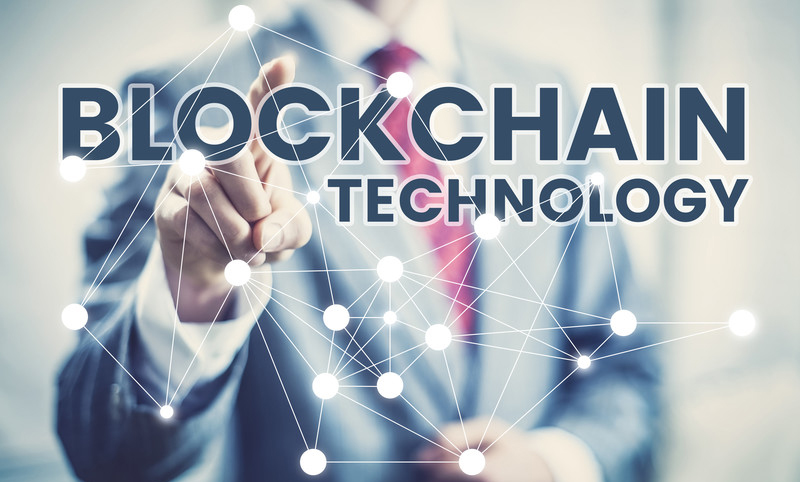Every healthcare organization aims at delivering high quality medical care to their patients and accurate medical data entry is a very important consideration in this regard. Methodical patient data storage and use is indispensable for efficient patient health management. The healthcare sector is a very complex setup with diverse stakeholders such as doctors, nurses, pharmacists, insurance agents, etc and every stakeholder has different goals. For e.g., the government focuses on fair distribution of healthcare among the people whereas pharmaceutical companies focus on researching and developing new drugs, and doctors focus on providing the best treatment and care for their patients. Proper alignment of goals is necessary for the healthcare system to provide appropriate and customized service for end users. Poor interoperability among diverse EHR systems leads to unclear exchange of data that seriously affects patient care. Lack of proper EHR data exchange has become a major roadblock in the way of achieving the healthcare initiatives of the government. To resolve existing drawbacks, and to ensure effective collaboration and proper communication channels in the system, the healthcare sector has started considering block chain technology.

Block chain is a distributed system that records and stores transaction records. In other words, “it is a shared, immutable record of peer-to-peer transaction built from linked transaction blocks and stored in a digital ledger”. In the healthcare industry, blockchain technology provides an effective healthcare eco system that assures high security, interoperability and privacy of healthcare data. Blockchain runs on cryptographic techniques that has no central authority and allows all participants to interact efficiently. Following are some of the ways how blockchain can help improve healthcare:
- Encryption of patient data: Block chain allows encryption of data, providing utmost security of all data. Patient data can be stored safely and made easily accessible. Blockchain provides encrypted links to medical records, which helps patients to have control over what to share, what to upload, and with whom to share etc. This system promises seamless access to patient history and real-time medical data by reducing the cost of data reconciliation.
- Proper management of medical billing: In 2016, the US reported medical fraud that led to a loss of $30 million. Non-performance billing and excess billing contribute to 10 percent of medical fraud activities in America. However, with blockchain technology healthcare organizations can provide a secure and transparent billing system, which helps to minimize technical and administrative fraud activities.
- Better medical supply chain: Fraud activity in the healthcare system is a serious concern, with 35% – 45% bogus drugs available in developing countries. The global healthcare industry incurs over $250 billion in counterfeit and theft on the medical supply chain. Blockchain technology platforms such as Ethereum help to prevent theft in the medical supply chain.
- Population health management and pharma research: Blockchain minimizes inaccuracies in the patient record. It helps to mitigate selective reporting and errors in clinical research and ensure precision in the healthcare study. It will also ensure that the health surveys done are all submitted and available for review. This is very important for proper management of population health and accurate predictions of any impending health concerns.
- Dentacoin for dentistry: Dentacoin is the first blockchain technology designed for dentistry. It aims at providing good dental care at affordable rates. With this technology, all market participants are connected and can cooperate with each other to gain personal and mutual benefits. Dentacoin is an Ethereum-based coin that provides new opportunities by making the dental ecosystem patient centric. Three blockchain based products for the dental specialty are: Dentacoin Trusted review- a platform for trustworthy feedback of dental service, Dentavox- a market research platform, and DentaCare- a mobile app that helps people maintain good dental health.
Blockchain technology provides a unique opportunity to minimize existing complexities and inefficiencies in the healthcare system and ensure efficient medical data entry, secure medical data storage, immutable information and flawless management of data. This innovative technology also facilitates speedy advancement in medical research by ensuring accuracy and transparency of information.



